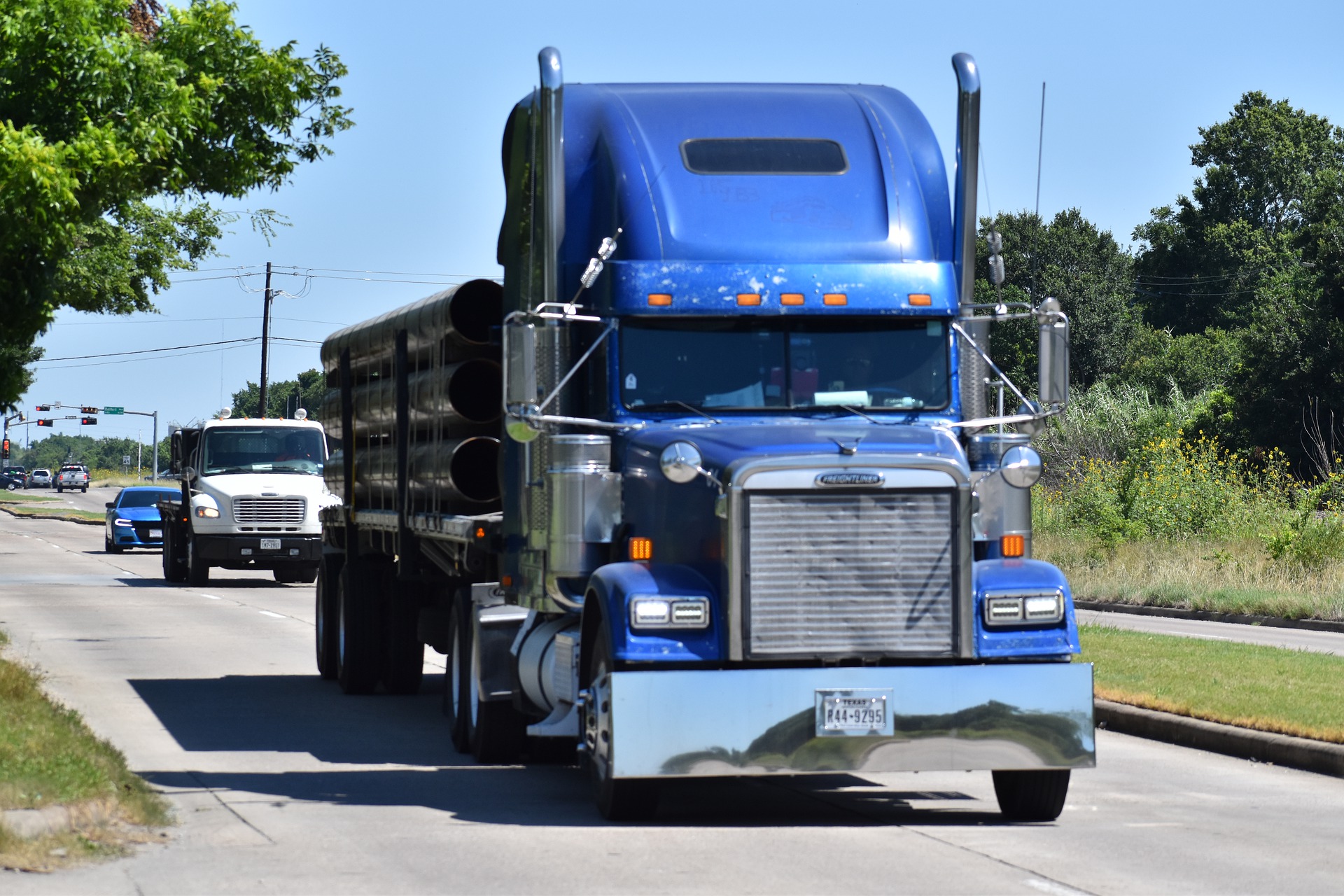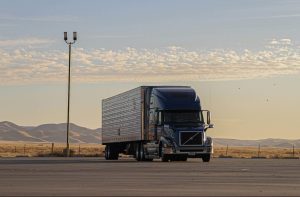Anyone involved in freight and logistics or concerned about climate change needs to know the following statistics.
The U.S. is consistently one of the top greenhouse gas (GHG) producers in the world. The transportation of people and goods is the leading source of our country’s total greenhouse gas emissions — about 28%. Commercial and freight truck movement accounts for close to 25% of transportation GHG emissions in the U.S., according to federal data.
Moreover, the transportation sector produced a bigger increase in GHG emissions between 1998 and 2018 than any other industry in the nation.
Carbon emissions from the freight industry have an increasingly detrimental impact on the environment, and it’s on us to create the solutions.
The good news is that the industry is starting to tackle its emissions problem with across-the-board energy efficiency innovation. Its solutions include alternative energy vehicles, logistics optimizations, and carbon offset programs.
To lower freight shipping’s carbon footprint, the transport industry is looking carefully at the elephants on the road: semi-trucks. Truck manufacturers have identified two clean alternatives with electric powertrains — battery-powered electric vehicles (BEVs) and hydrogen-powered fuel cell electric vehicles (FCEVs) — and are now racing to begin production. Compared to the older, less energy-efficient diesel trucks used today, these zero-emission semi-trucks will undoubtedly pave the way for a new generation of green fleets.
While emission-free, most BEV prototypes aren’t yet viable options to replace long-haul trucks due to below-standard range and long charge times. Nonetheless, Volvo’s VNR Electric truck will go into production in 2021 for North America, and Tesla’s Semi appears to be rounding the corner on production as well, although it is about two years behind schedule.
Arguably the better solution, FCEVs match the weight and range capabilities of today’s heavy-duty, long-haul trucks so as to eventually replace them. Hydrogen fuel cell vehicles emit only water vapor and warm air, instead of harmful tailpipe CO2 emissions, and eliminate the need for fossil fuels. Hyundai and Nikola have both announced plans to begin production on hydrogen-powered semi-trucks as soon as 2023. Legacy truck builders Daimler and Volvo have established a joint venture to produce fuel cell systems for heavy-duty trucks.






